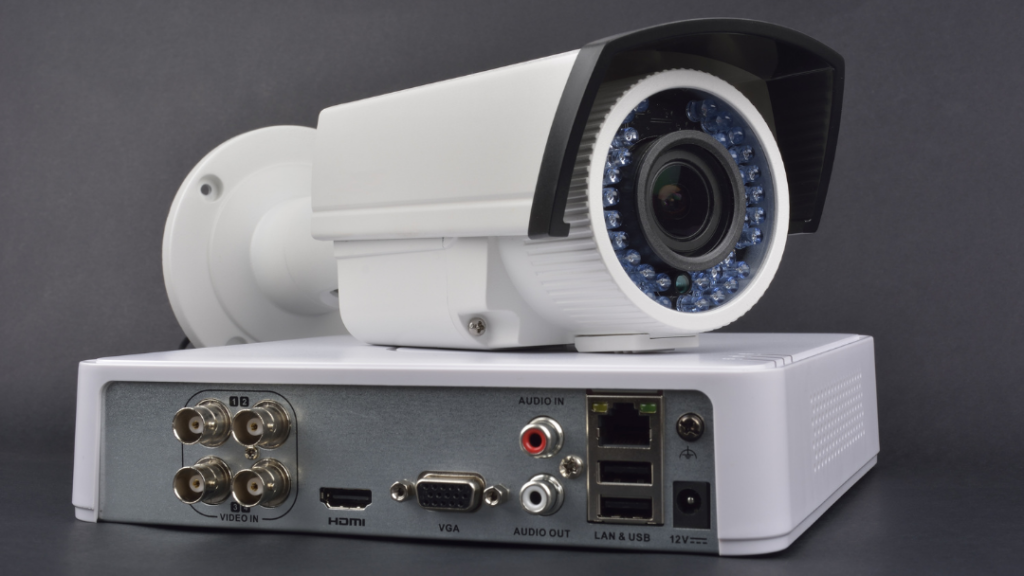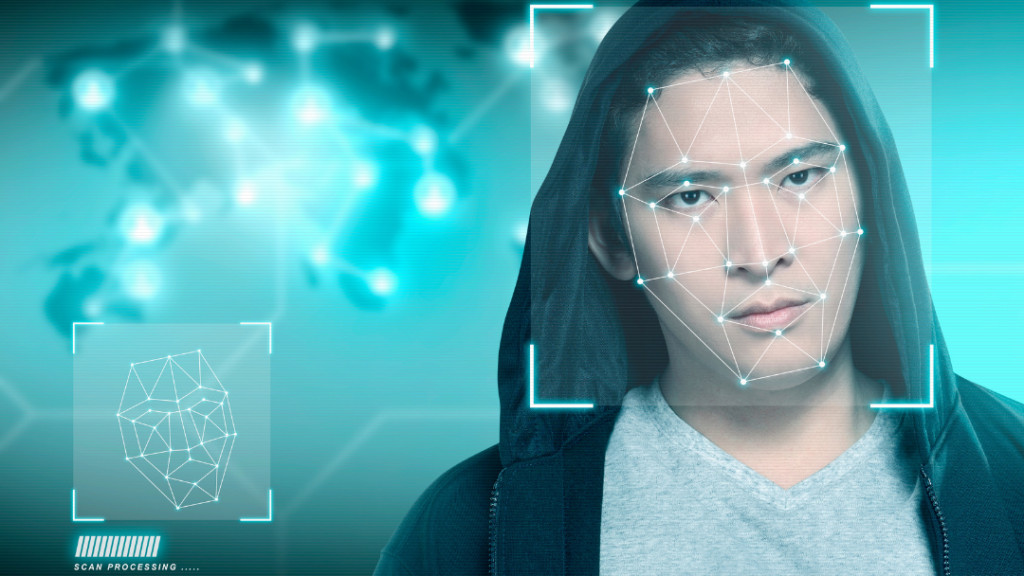Access control systems fulfill an essential function by helping to maintain security and guard assets. Traditional methods of access control, on the other hand, have a number of drawbacks and may not be as effective as would be ideal. Artificial intelligence (AI)is becoming an increasingly popular option for businesses to improve their access control measures as a means of compensating for the deficiencies previously mentioned.
Access control systems can be made more accurate, more efficient, and more capable of providing improved protection for people and assets if they make use of artificial intelligence technology. In this article, we will discuss the various advantages of utilizing AI in the access control industry, as well as the potential challenges that may be associated with its implementation, some examples of governments that are already utilizing this technology, and the prospects for the future of AI in the access control sector.
Related Link: Data Center Cooling 101: From Start to Finish
Artificial Intelligence in Access Control
AI is being deployed in access control systems in several ways, all aimed at improving security and efficiency. One key application of AI in access control is through facial recognition technology. By analyzing a person’s unique facial features and patterns, AI-enabled facial recognition systems can confidently identify them and grant them access to otherwise off-limits areas.
Artificial intelligence is also having an impact in the field of behavioral analysis. AI can analyze user behavior patterns and spot suspicious activity by employing machine learning algorithms. A behavioral analysis system powered by AI, for instance, can quickly alert security personnel to potential threats like someone trying to enter a restricted area without the appropriate clearance.
Seeking guidance on integrating technology into your business? Let us provide you with the assistance you need. Contact us today!
The Value of AI in Access Control

There are many positive outcomes that can result from incorporating AI into access control systems. Key benefits include the following:
- Improved Accuracy: The risk of false positives and negatives is greatly reduced with AI-powered access control systems. Biometric authentication methods, such as fingerprints, iris scans, or facial recognition, are becoming more prevalent in access control systems. Artificial intelligence (AI) algorithms can process and analyze biometric data quickly and accurately, allowing for identity verification without the need for traditional access mechanisms like keys or cards. Spoofing attacks, in which criminals use bogus biometric images to gain entry, can also be thwarted by AI.
- Faster Response Times: AI has the ability to process large amounts of data quickly, enabling faster response times during security incidents. This capability allows security personnel to respond more efficiently and effectively to potential threats.
- Automated Access Control Management: AI algorithms can automate various access control management tasks, including access level configuration, user enrollment, and permissions management. This reduces the workload for security personnel and minimizes the potential for errors.
- Better Tracking and Analytics: By using AI to look at access control data, organizations can learn important things about who is getting into secure areas, when, and how often. This information helps organizations better understand their security risks and make decisions based on data to improve their security measures.
- Integration with Other Security Systems: AI-powered access control systems can integrate seamlessly with other security systems, such as video surveillance and intrusion detection systems. This integration provides a more comprehensive approach to security, enabling organizations to detect and respond to threats more effectively.
Related Link: Maximize Your Video Surveillance System with the Best Software Solutions
Potential Concerns with AI in Access Control
While AI-powered access control systems offer numerous benefits, there are also potential concerns related to privacy and bias issues that must be addressed to ensure the fair and ethical use of this technology.
- Privacy of personal data: This is a significant concern. AI-powered access control systems collect and process personal data, including biometric information and user behavior data. There is a risk that this data can be stolen, shared without consent, or misused. Organizations must establish robust data protection policies that comply with applicable privacy laws and regulations.
- Bias: Another issue with AI-based access control systems is the potential for bias. These systems can be taught to produce discriminatory results if exposed to biased data during training. False positives are more likely to occur, for instance, when using facial recognition technology on people with darker skin tones. To address this, organizations must ensure that they use diverse training data and regularly test their systems for bias. They should also consider implementing AI explainability techniques that provide insight into how the AI algorithm arrived at a decision, allowing for the detection and correction of any bias.
- Transparency: Transparency is essential in mitigating concerns related to AI in access control. Organizations should be transparent about their use of AI, providing clear information about the data being collected, how it is used, and who has access to it. They should also provide clear opt-out options for individuals who do not wish to have their data collected or used for access control purposes.
Furthermore, organizations should conduct regular audits and reviews of their AI-powered access control systems by independent third parties to verify compliance with privacy and fairness standards. As a result of these audits, stakeholders can rest assured that the system is being used in a moral manner and problems can be addressed before they escalate.
Future Outlook for AI in Access Control

The potential impact of AI on the access control industry in the coming years is significant. Here are a few ways:
- Enhanced Accuracy and Security: As AI technology continues to improve, we can expect even greater accuracy and security in access control systems. This could involve the use of more advanced biometric technologies.
- Greater Automation and Efficiency: The use of AI-driven systems has the potential to automate many access control management tasks, easing the burden on security staff while also reducing the likelihood of human error. A more streamlined security experience could be the result of integrating access control systems with other security measures like intruder detection systems or CCTV.
- Increased Adoption and Integration: Access control systems are expected to become more individualized and adaptable to individual needs as artificial intelligence (AI) algorithms improve at data analysis. This may involve dynamic access control policies that change based on the actions of individual users or group-specific controls.
- Emotion Recognition: Artificial intelligence (AI) algorithms could be used to examine user facial expressions and identify emotions like stress, anxiety, or aggression. Using the user’s emotional state as a trigger for alerts to security personnel or to modify access control policies would result in a more personalized and secure access control system.
- Greater Personalization and Customization: We can expect to see a rise in the adoption and integration of AI-powered access control systems across a wide variety of industries as the benefits of such systems become better known. More widespread implementation is possible in sectors like healthcare, transportation, and critical infrastructure where safety is of paramount importance.
Ready to harness the power of digital transformation? Contact us today and unlock new possibilities for your business!
Switching to AI
AI is revolutionizing the access control industry by providing enhanced accuracy, faster response times, automated management, better tracking and analytics, and integration with other security systems. However, ethical and privacy concerns must be addressed to ensure the fair and transparent use of AI in access control. With ongoing efforts to mitigate these concerns, AI holds immense potential to transform the access control landscape in the future, leading to even greater security, efficiency, and customization. As technology continues to evolve, organizations should embrace AI as a powerful tool to strengthen their access control measures and safeguard their assets.
Related Link: Reasons to Consider VMS Security for Commercial Properties
Last Updated on June 8, 2023 by Josh Mahan




